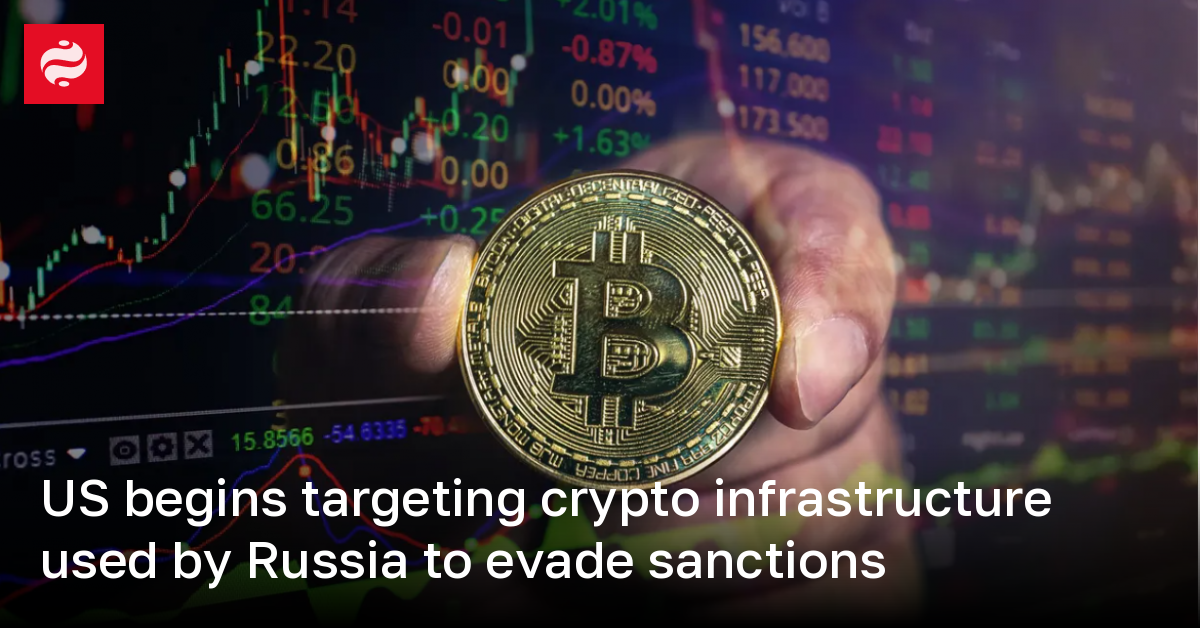The United States on March 25 imposed restrictions on thirteen entities and two individuals who assist Russia in evading sanctions, as was announced on the website of the U.S. Department of the Treasury.
All companies included in the OFAC list today either helped create or operate blockchain-based services or provided payments in virtual currency in the Russian financial sector, enabling potential sanctions evasion.
“Russia is increasingly turning to alternative payment mechanisms to circumvent U.S. sanctions and continue to fund its war against Ukraine,” stated Under Secretary of the Treasury for Terrorism and Financial Intelligence, Brian E. Nelson.
He promised that the U.S. Department of the Treasury would continue to “expose and disrupt the companies that seek to help sanctioned Russian financial institutions reconnect to the global financial system.”
The following entities have been added to the US sanctions list:
→ Russia’s first digital financial asset platform Atomaiz, its co-owner Tokentrust Holdings Ltd, and its subsidiary Atomaiztech;
→ Laitkhaus fintech company, which, together with Transmashholding, is engaged in the development of a digital financial ecosystem;
→ Masterchain blockchain network. Among the founders of the company are VTB Bank, Gazprombank, Moscow Exchange, Promsvyazbank PJSC, the National Payment Card System (NSPK), and FinTech Association, almost half of which are already under US sanctions.
In addition, the sanctions list includes:
→ exchange service Netexchange (Center for Processing Electronic Payments LLC) and Estonian Bitfingroup, which are managed by Timur Bukanov;
→ cryptocurrency exchange Crypto Explorer DMCC (under its business name AWEX) and its subsidiary from the city of Ulyanovsk known as OOO Kripto Eksplorer;
→ B-Crypto fintech company, which was engaged in cross-border transfers in partnership with Rosbank;
→ Bitpapa cryptocurrency exchange, registered in the UAE;
→ Cybersecurity Laboratory company;
→ Veb3 Tekhnologii LLC and Veb3 Integrator LLC companies, as well as their majority shareholder Igor Kaigorodov.
On March 25, the CommEX cryptocurrency exchange, which bought the Russian business of the global cryptocurrency exchange Binance, announced the cessation of operations. The cryptocurrency exchange is closing “after a careful analysis of the current situation and a review of strategic plans.”
CommEX began winding down operations on March 25, and its official website will stop working on May 10.
Read also: Tortoise’s path: How sanctions on Russia’s oil and gas revenues work
This article was originally published by a biz.liga.net . Read the Original article here. .

